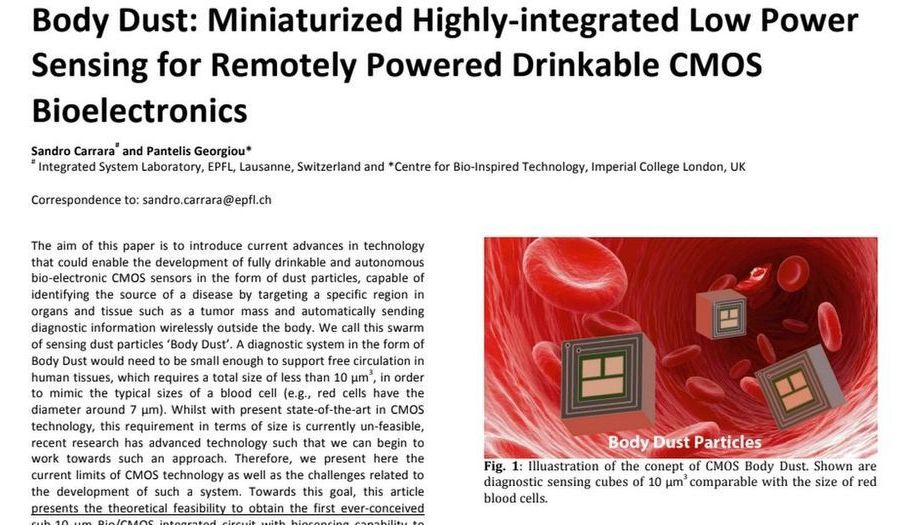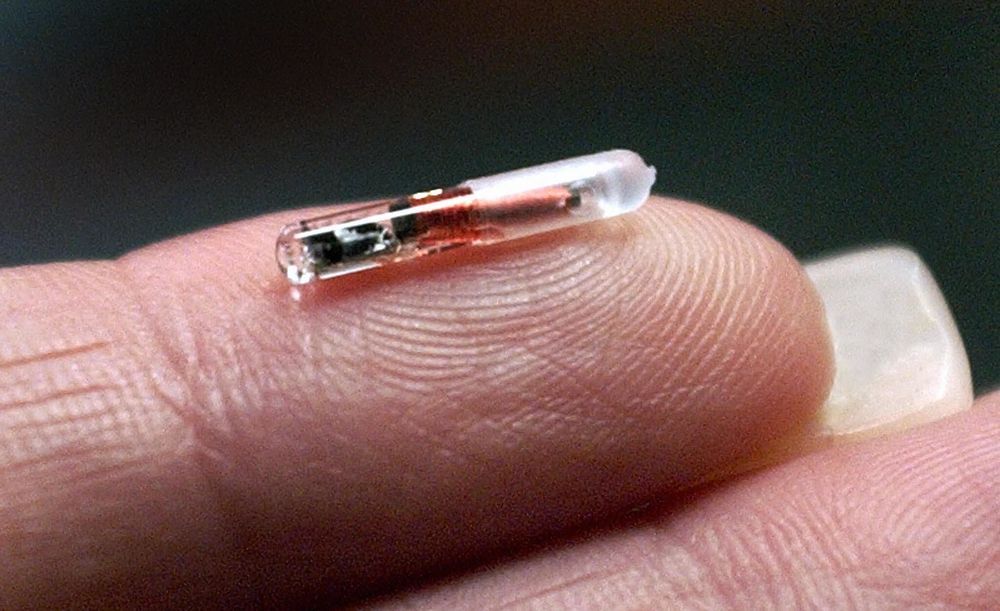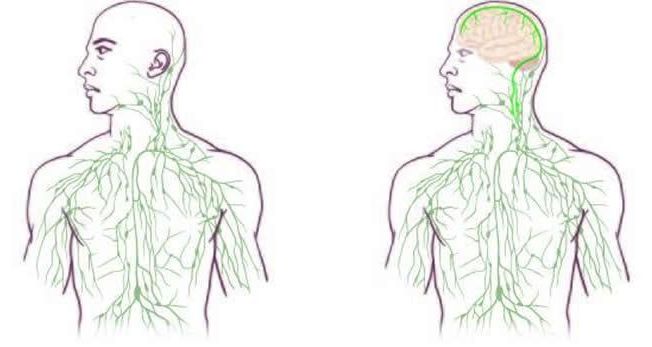Researchers from Wake Forest Baptist and the University of Virginia suggest that chigger bites may cause alpha-gal allergy.




In traditional Chinese culture, qi or ch’i is believed to be a vital force forming part of any living entity. Qi translates as “air” and figuratively as “material energy”, “life force”, or “energy flow”. Qi is the central underlying principle in Chinese traditional medicine and in Chinese martial arts.
Qi translates as “air” and figuratively as “material energy”, “life force”, or “energy flow”. Qi is the central underlying principle in Chinese traditional medicine and in Chinese martial arts. The practice of cultivating and balancing qi is called qigong.
æ°£ ¢



This collection contains the THREE novels by INGERSOLL LOCKWOOD that have surprised the world of the XXI century. This author wrote over 120 years ago, during the 1890‘s, these three novels, in which the characters are first, a kid, whose name was Baron Trump, and his Master is Don; and a separate novel about a president who resides in 5th avenue, New York, in a tower with his name, who surprisingly wins an election…The Baron Trump novels recount the adventures of the German boy Wilhelm Heinrich Sebastian Von Troomp, who goes by “Baron Trump”, as he discovers weird underground civilizations, offends the natives, flees from his entanglements with local women, and repeats this pattern until arriving back home at Castle Trump. Chris Riotta noted in Newsweek that Baron Trump’s adventures begin in Russia, and also mentioned another book of Ingersoll’s, The Last President, in which the president’s home city of New York is riven by protests against a rigged presidential election. Jaime Fuller wrote in Politico that Baron Trump is “precocious, restless, and prone to get in trouble”, often mentions his massive brain, and has a personalized insult for most people he meets. These novels, and some of its phrases and situations, really make people wonder if there are authors who have a window to the future, true prophets like Verne and his “From Earth to the Moon”, Poe with his Arthur Gordon Pim (a story that occurred with names and last names 50 years later); and Robertson in Futility or the Wreck of the Titan, a novel about the wreck of the Titanic, with locations, names and descriptions, written 20 years! before the actual events.

After a string of delays, SpaceX’s Starlink project was finally launched last month. The ambitious aim of the project is to create a “global broadband” system by launching a network of satellites which will eventually be able to give fast internet access from anywhere, even remote locations which currently can’t get broadband internet access.
The project is moving ahead at a considerable pace, with aims to have the first internet access provided by 2021. It may take until November 2027 to get all of the satellites required for the global network launched and into place, but a basic version of the service may be possible with around 1,000 satellites. Within the U.S., some version of the service could be available with just 400 satellites in place.
Naturally, a project of this magnitude requires a huge logistical undertaking and a lot of knowledge from a lot of different sectors. And you can see the takeoff of interest in the Starlink project within SpaceX by analyzing the company’s hiring practices.


